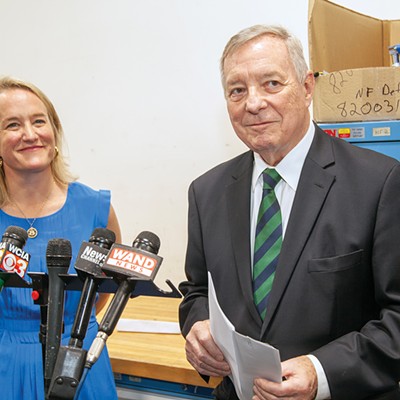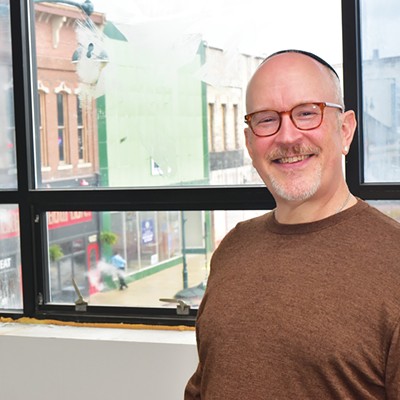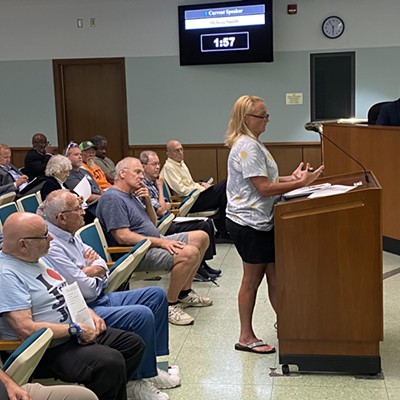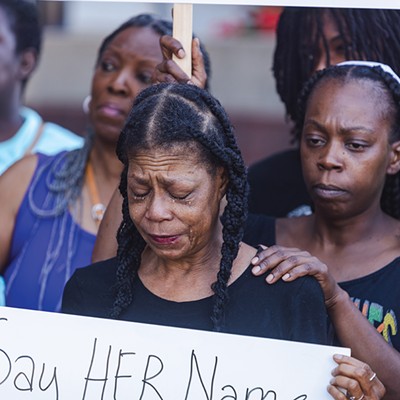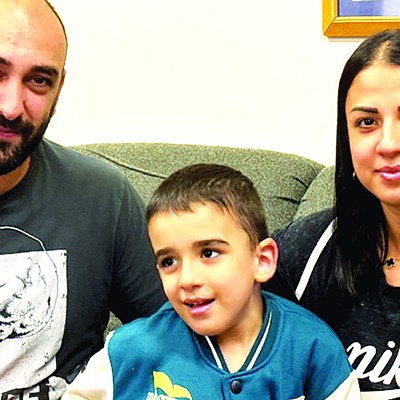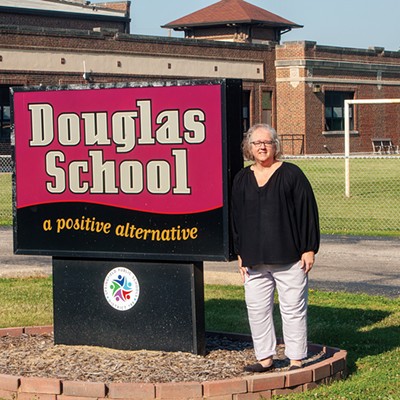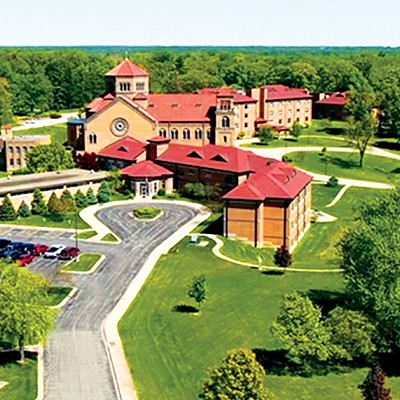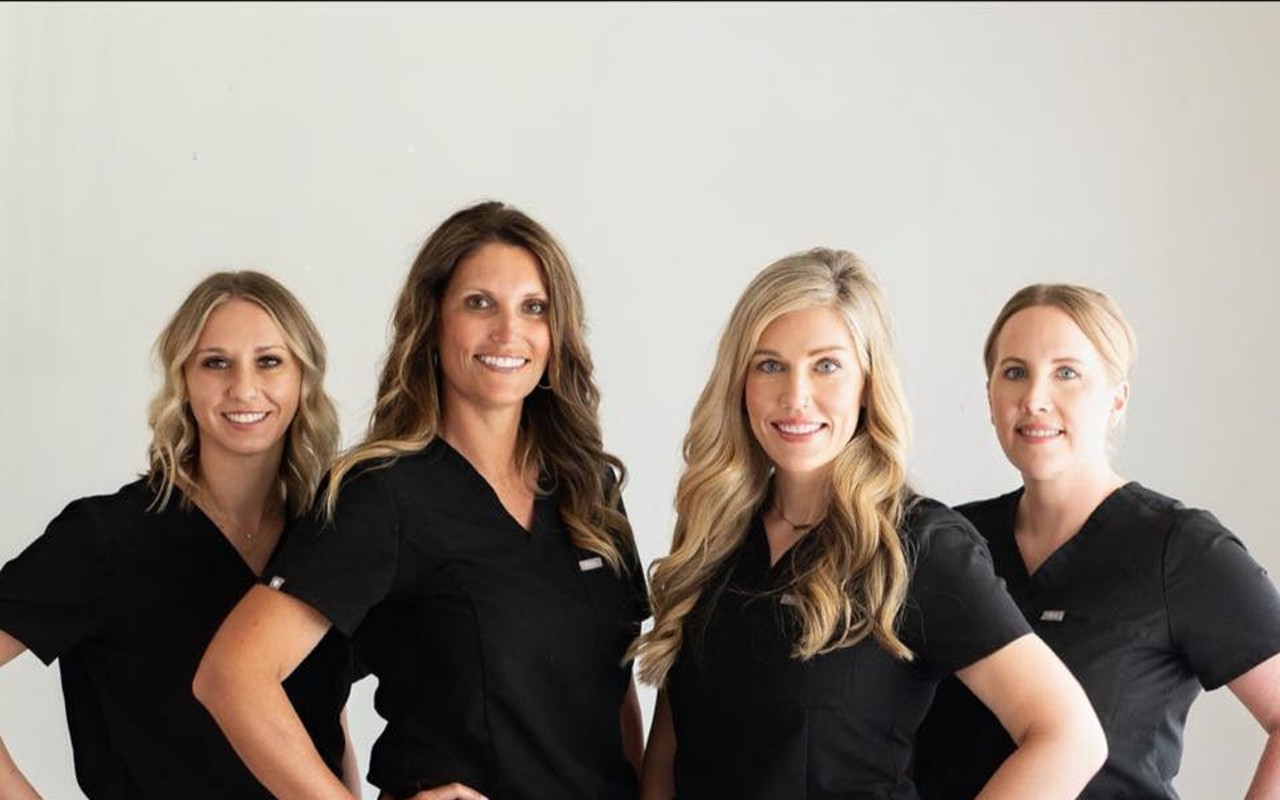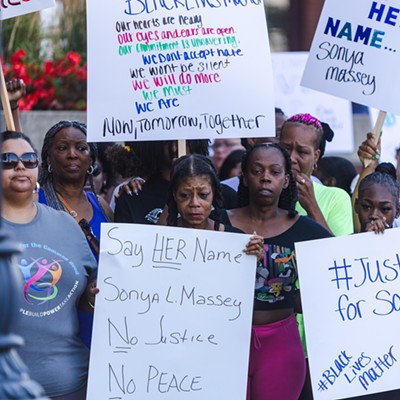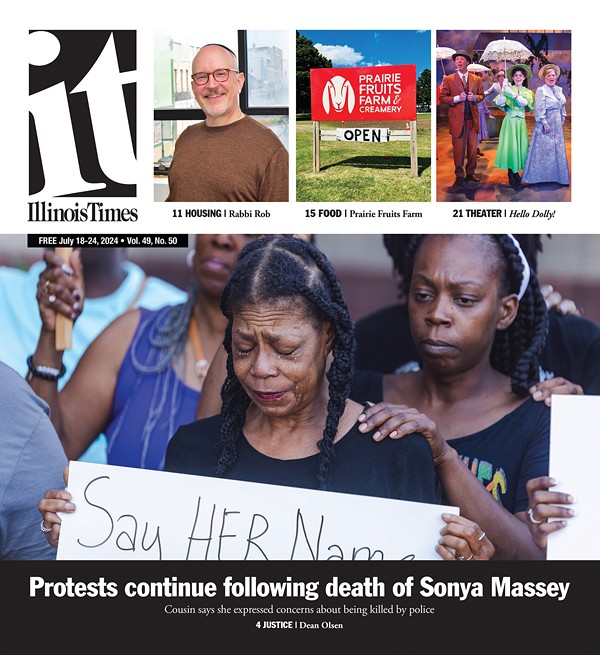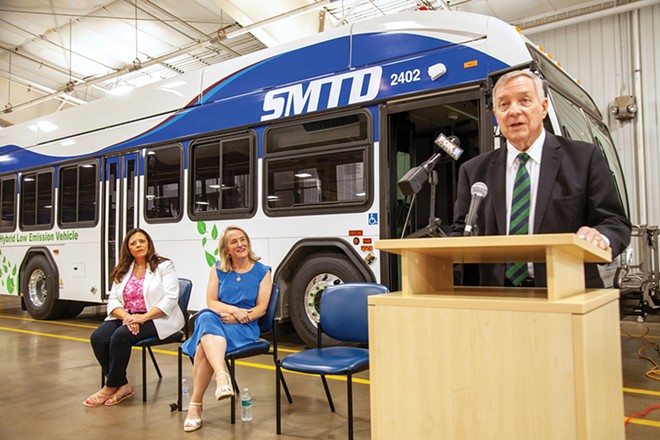
The federal government is cutting Springfield Mass Transit District a check to the tune of $17.8 million to provide the city with buses that pollute less and are more efficient to drive.
The transit district will be adding 12 hybrid buses that are powered by a combination of diesel fuel and batteries, along with seven buses that burn natural gas.
The move is being made in anticipation of future regulations that may eventually force transit districts to eliminate all emissions, said Steve Schoeffel, the district's managing director.
"Rather than be forced by the state or the federal government to react, I would rather be in a position to where we're controlling our own destiny. So, hybrid is a good step," Schoeffel said. "It is an intermediate step, instead of jumping at electric vehicles or something that we don't feel like we're really ready for.
"We can do a better job just making sure that we've done the research and we know what direction we want to go – whether we're forced to or not. Every year there's legislation to put a date on when we have to be fully zero emissions."
U.S. Sen. Dick Durbin, D-Springfield, and U.S. Rep. Nikki Budzinski, D-Springfield, held a news conference July 15 in front of two of the district's newest buses, crediting themselves for bringing home the bacon to their constituents.
"It was an effort that brought money back home to Springfield," Durbin said. "Which is part of our responsibility. ... If you believe greenhouse gas emissions are a problem, then you need to do something about it. And that's what we've done with the bipartisan infrastructure law. This bipartisan bill provided resources all across the United States so that the next generation of buses will be cleaner. ... That means some 19 buses will be purchased over two cycles. So, they'll be replaced with diesel hybrids and natural gas-fired buses. That's a cleaner outcome for everyone. And it's a good thing that we put a request in."
Budzinski echoed her senior colleague, saying, "With the ramifications of climate change, I think we need to make that transition to the clean energy economy and reduce carbon. And in order to do that, it takes these types of critical investments in our communities to make that transition. With this announcement of almost $18 million, clean buses are here for public transportation.
"We know that the transportation sector is one of the larger emitters of carbon emissions in our country. So, we're starting to chip away at reducing carbon while making investments in our community. This is a step forward. We've got a lot of steps to make, but it's a step in the right direction."
Schoeffel said the federal government is footing the entire bill for the new buses with no local tax dollars going into the mix.
"Honestly, with our small and not-growing tax base, that's the only way we can afford to buy buses. We don't bring in all that much from the property tax," he said.
Crews have been trained in how to repair and care for the hybrid buses, said Spencer Sidwell, superintendent of maintenance at SMTD. The battery pack systems for the hybrid buses are particularly expensive, at more than $100,000 each, he said.
"The battery life on these should exceed the life expectancy of the vehicle," Sidwell said. "We're going to do everything we can in our power to service these and make them last."
The hybrid buses are manufactured in California and the natural gas-powered vehicles are made in Alabama.
The new hybrid buses can be programmed to switch to battery power when congregating at a transfer facility. This should eliminate diesel fumes that accumulate at such sites, Schoeffel said,
Before receiving the current grant, SMTD was preparing to put eight hybrid buses onto Springfield streets, thanks to funding from another grant source. It will be eight to 10 more years before SMTD eliminates all of its diesel-only buses, Schoeffel said.
The natural gas buses cost $900,000 each and the cost of each hybrid is between $650,000 and $680,000, which is about $50,000 more than a traditional diesel bus, he said.
"They're not quite on the street yet. But when they are, we will be at 60% low emission," Schoeffel said. "(Compressed natural gas buses) and hybrids are considered low emission, not zero emission. With this new grant, it will push us to about 82% low emission. So, we'll have 10 diesels left after these (replacements). And somewhere in the neighborhood of spring of 2026, all of these will, hopefully, be in service."
Scott Reeder, a staff writer for Illinois Times, can be reached at [email protected].



